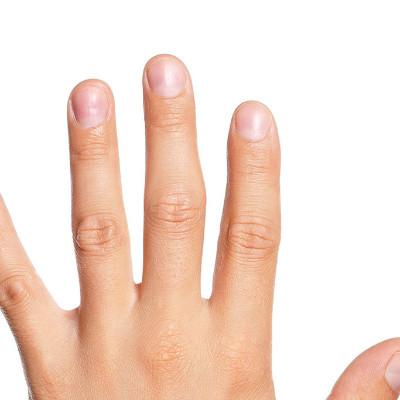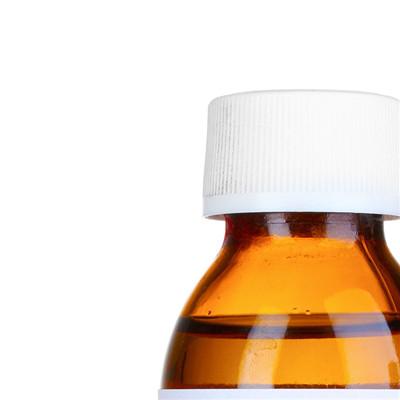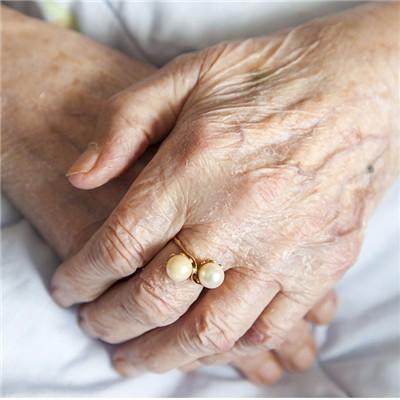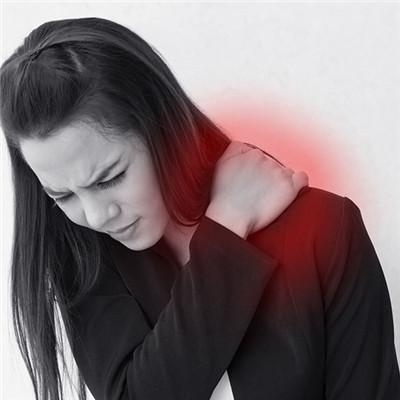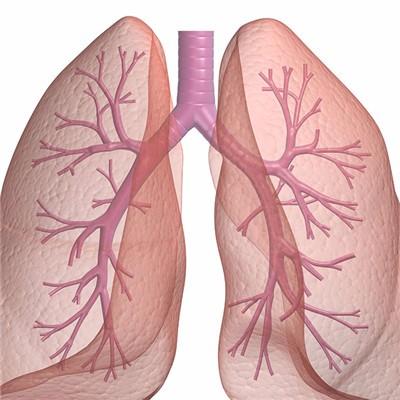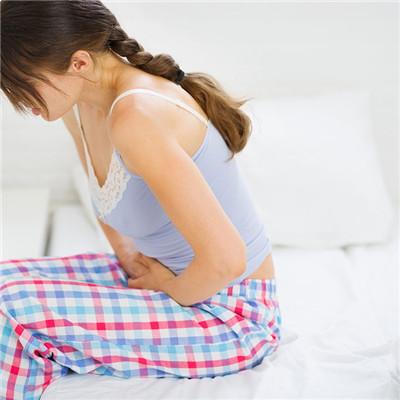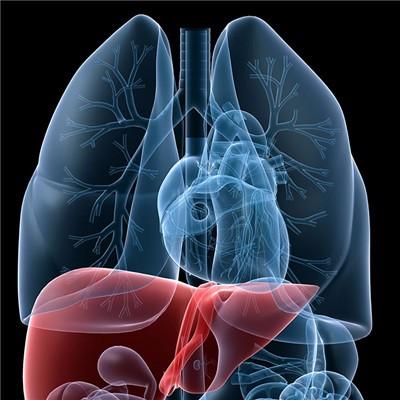What are the causes of chronic gastritis in the elderly?
summary
The course of chronic gastritis is protracted, most of them have no obvious typical clinical symptoms. The most common clinical manifestation is that the upper abdomen is full and uncomfortable, and the symptoms are more serious after meals. It is common that eating cold drinks, spicy food or other stimulating food can induce aggravation of symptoms. Some patients have loss of appetite, dizziness, fatigue, anemia or hand atrophy, and peripheral neuropathy. What are the causes of chronic gastritis in the elderly? Now let me tell you something.
What are the causes of chronic gastritis in the elderly?
There are many causes of chronic gastritis in the elderly, which can be divided into specific and non-specific. Non specific gastritis is the most common. Specific gastritis refers to the changes of gastric mucositis caused by various bacteria, viruses, parasites (amoeba, Schistosoma), fungi (Candida, Histoplasma, Cryptococcus, Mucor) and so on.
Because the characteristics of gastritis in the elderly are mainly chronic atrophic gastritis. The secretion of gastric acid and pepsin is relatively reduced, the function of gastric juice is decreased, and the killing effect of gastric juice on the bacteria and viruses in the diet is weakened, so that the elderly have more acute gastritis in family meals, while the young have less. Therefore, the elderly should pay special attention to the diet hygiene when eating cold dishes, lettuce and shrimp.
On the other hand, the elderly meal should pay attention to the meal time should be sufficient, to chew slowly, taboo overeating. In the postprandial activities should be moderate walking, contribute to gastric emptying and intestinal function movement. This is better than sitting and lying for a long time after a meal.
matters needing attention
With the growth of age, the shape and function of people after 50 years old will decline, such as decreased gland secretion, slow metabolism, decreased resistance, decreased sensory function, loose teeth, decreased gastric acid secretion, decreased bile secretion, decreased gastrointestinal peristalsis.


